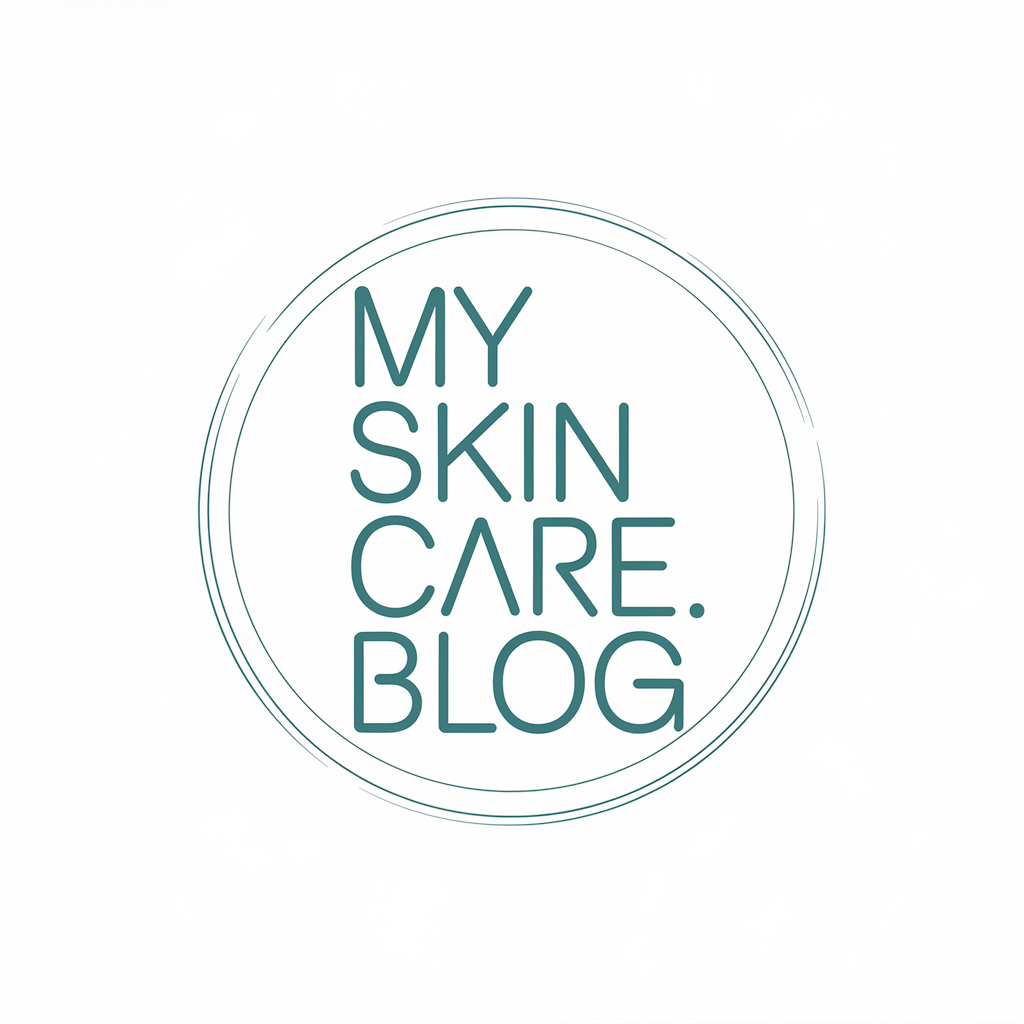10 Surprising Causes of Acne You Didn’t Know About
Key Takeaways
- Hormonal fluctuations from puberty, menstrual cycles, and stress can significantly increase oil production, leading to acne breakouts.
- High-glycemic foods and dairy products can trigger acne due to their impact on insulin and inflammation levels.
- Lack of sleep raises cortisol, inhibiting skin repair and triggering inflammation, which can worsen acne.
- Environmental factors like air pollution, humidity, and UV exposure can irritate skin and contribute to acne flare-ups.
- Hair products with comedogenic ingredients can clog pores, particularly along the hairline, causing breakouts.
Hormonal Changes
Hormonal changes are a significant factor in the development of acne, particularly during puberty, menstrual cycles, and times of stress.
When your body experiences these fluctuations, it leads to increased oil production and clogged pores, both key acne causes.
Understanding these hormonal influences can help you better manage your skin health and seek appropriate treatments to reduce breakouts effectively. Additionally, recognizing how everyday habits intersect with hormone levels can provide further insights into preventing acne flare-ups.
Diet and Nutrition
Alongside hormonal changes, diet and nutrition play a significant role in the development of acne.
Research indicates that high-glycemic foods and dairy can exacerbate breakouts due to their impact on insulin levels and inflammation.
Conversely, a balanced diet rich in omega-3 fatty acids, antioxidants, and vitamins can promote healthier skin and potentially reduce acne severity.
Incorporating foods that trigger acne into your awareness can help you make informed dietary choices for better skin health.
Monitor your intake for better skin health.
Sleep Deprivation
Although you mightn’t realize it, sleep deprivation significantly impacts your skin health and can contribute to acne formation.
When you’re sleep-deprived, your body produces increased levels of cortisol, a stress hormone linked to acne flare-ups.
Additionally, inadequate sleep disrupts skin repair mechanisms, leading to inflammation and compromised barrier function.
Prioritizing sleep can help regulate these processes and improve your skin’s appearance. Moreover, research indicates that improving sleep quality can enhance skin hydration and reduce signs of aging.
Stress Levels
Stress can profoundly affect your skin, making it a crucial factor in acne development.
When you’re stressed, your body produces more cortisol, which can lead to increased oil production in your pores. This overproduction can clog pores and result in breakouts.
Additionally, stress may cause inflammation, aggravating existing acne and making it harder for your skin to heal. Managing stress is key for clearer skin, as psychological stress triggers hormonal changes that can exacerbate skin issues.
Excessive Scrubbing
Many people turn to rigorous cleansing routines in an attempt to combat acne, often believing that scrubbing their skin more will lead to clearer results.
However, excessive scrubbing can damage the skin barrier, leading to increased irritation and inflammation. This can exacerbate acne rather than alleviate it.
It’s essential to adopt a gentle cleansing approach for healthier skin and reduced breakouts. Moreover, using gentle treatment products is vital to support the skin’s natural healing process without further irritation.
Wrong Skincare Products
Using the wrong skincare products can significantly contribute to acne development, as certain formulations may clog pores, irritate the skin, or disrupt its natural balance.
Ingredients like heavy oils, alcohol, and synthetic fragrances can exacerbate existing conditions.
To prevent breakouts, choose non-comedogenic, gentle products tailored to your skin type.
Always patch-test new items to assess tolerance before full application. Additionally, it’s crucial to be aware of harmful ingredients that can negatively impact your skin health and trigger acne.
Environmental Factors
Although you mightn’t realize it, environmental factors play a crucial role in the development and exacerbation of acne. Consider these aspects:
-
Air pollution increases skin irritation and inflammation.
-
Humidity can clog pores and promote bacterial growth.
-
UV exposure may damage the skin barrier.
-
Dust and allergens can lead to breakouts.
Understanding these influences can help you manage and reduce acne effectively.
Lack of Hydration
Environmental factors like air pollution and humidity can impact your skin’s health, but hydration levels are equally important in the fight against acne.
When you’re dehydrated, your skin can produce excess oil, leading to clogged pores.
Additionally, lack of hydration impairs your skin’s barrier function, making it more susceptible to irritants and inflammation, which can further aggravate acne symptoms.
Stay hydrated for clearer skin.
Certain Medications
Certain medications can significantly contribute to the development of acne, as they may alter hormone levels or cause skin changes that exacerbate existing conditions.
Here are some common types to be aware of:
- Corticosteroids
- Hormonal contraceptives
- Lithium
- Anticonvulsants
If you’re experiencing breakouts, consult your healthcare provider to evaluate whether your medications might be influencing your skin’s health.
Hair Products and Oils
Hair products and oils can play a significant role in the development of acne, especially if they contain comedogenic ingredients that clog pores.
Ingredients like silicones and certain oils can exacerbate breakouts, particularly around the hairline.
It’s essential to choose non-comedogenic products and pay attention to how your skin reacts after using hair care items to minimize acne risks.





